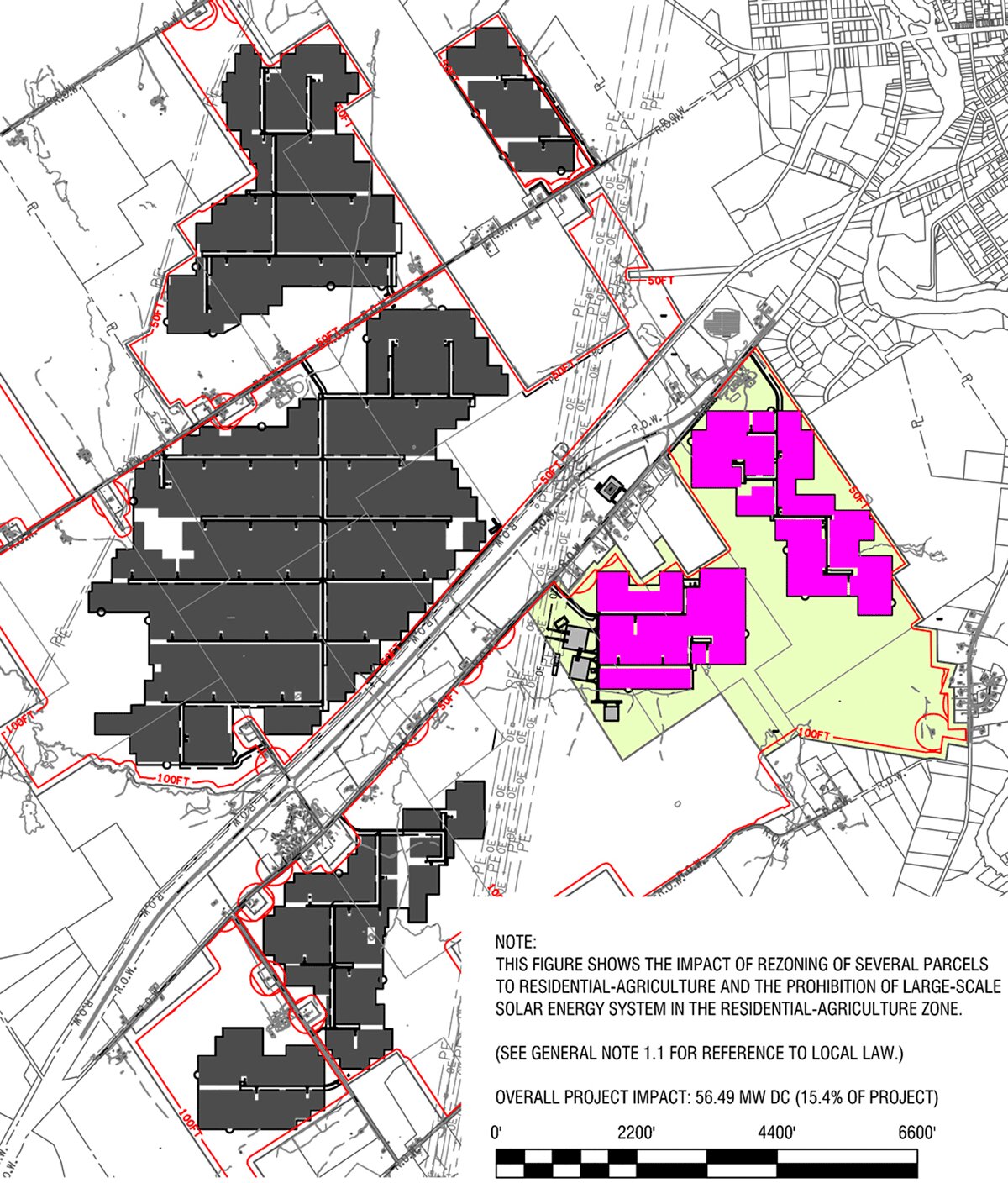Strong response to SEP/IYSSE meeting on university workers’ strike in Sri Lanka
The Socialist Equality Party (SEP) and the International Youth and Students for Social Equality (IYSSE) in Sri Lanka held a successful online meeting last Friday to discuss the way forward for striking non-academic university employees. Around sixty people attended the event, including fifteen non-academic university employees and several students.
Nearly 13,000 non-academic employees of 17 government universities in Sri Lanka have been on an indefinite strike since May 2, demanding a 25 percent increase in their monthly allowances and a 15 percent wage hike to eliminate “salary anomalies.”
Chairman of Friday’s meeting was Dehin Wasantha, an employee of the University of Moratuwa and a leading member of the SEP. He is well known among university staff and students for his consistent struggle for an international socialist perspective. Wasantha told the meeting that the strike, which has been going on for 44 days, had reached a critical point.
“University workers have taken up the fight because they are demanding a wage increase to compensate for the unbearably rising cost of living. Union leaders have admitted that they were called to strike due to ‘pressure’ from members, but have limited the wage demand to one originally made eight years ago.
“Yet President Wickremesinghe has insisted that the government cannot grant wage increases this year because of money constraints. It is clear that non-academic employees or other civil servants cannot achieve their demands by putting pressure on the government. The working class must wage a united struggle to achieve its social demands, which include wage increases.”
Wasantha pointed to the undemocratic methods of the union bureaucrats, saying that they did not allow their members to put forward the demands that were necessary to adequately compensate for the fall in wages. Nor did the union officials allow a democratic discussion on how to conduct the struggle to achieve these necessary demands.
“They – the union leaders – decide and the members have to comply! Although there was a mass protest in Colombo on May 7 involving about 4,000 workers, including those from the North and East, the unions have now restricted these actions,” he said.
Wasantha called on his striking non-academic colleagues to immediately form action committees and work with other sections of the working class in a common struggle against the government’s austerity measures.
WA Sunil, a member of the SEP Political Committee, who delivered the main report at the meeting, said that workers across Sri Lanka must pay close attention to the non-academic workers’ strike.
The government, he said, has completely rejected the demands of all sections of the working class for wage hikes. Instead, in line with the demands of the International Monetary Fund (IMF), it is intensifying attacks on the rights of all workers. These include privatisation of state-owned enterprises, increasing the prices of essential goods by devaluing the rupee, raising taxes and imposing drastic cuts in social spending.
Wickremesinghe says there is no money for salary increases and insists that workers are bearing the brunt of the country’s economic disaster. “But why should workers bear the burden of the capitalist crisis?” asks Sunil.
The spokesman told the meeting that non-academic union leaders had publicly stated that they “understand” and “accept” that the government is facing a financial crisis.
“But why should the workers accept the restrictions on their demands by the government or the union leaders?” asked Sunil. “The union bureaucracy is deliberately trying to isolate the strike of the non-academic workers from the other workers, while their colleagues in the union leadership are doing the same.”
The spokesman referred to an IMF statement on June 13 that praised the government’s austerity measures but said the economy remained vulnerable. The IMF warned that the path to debt sustainability was a delicate one.
Sunil explained: “This means that the attacks on the social rights of the working class and the poor must be intensified and that the government must not make any concessions to the working class.
“There are no solutions to workers’ demands in the crisis-ridden capitalist system. The financial collapse in Sri Lanka is part of a global economic crisis, and this crisis is driving workers in other countries, including the major capitalist countries, into struggle to defend their wages, jobs and living conditions.
“Workers must also reject the propaganda of the trade unions and the opposition capitalist parties that their problems will be solved after the scheduled elections.
“A capitalist government that comes to power in these elections will not solve the problems of the masses, but will implement the IMF’s austerity measures and brutally suppress the struggles of the workers. All capitalist parties in Sri Lanka are committed to the IMF’s measures. What we need is not a capitalist regime, but a workers’ and peasants’ government.”
Sunil called on striking non-academic workers to take their struggle into their own hands by forming action committees in every workplace.
“No capitalist parties or trade union bureaucracies should be allowed to join these action committees, which must be elected by the workers,” he said. “These committees must set their own demands and decide how to fight for them. They must fight to win the support of other workers and reach out to workers around the world to achieve unity.”
Sunil stated that the non-academic employees’ union bureaucracy was extremely hostile to this programme. He reminded the meeting participants of the violent physical attack on November 30 by Indika Perera and Suranga Piyawardena on Wasantha and Lakshman Fernando, another SEP member, who is the president of the Moratuwa University branch and secretary of the ruling party-affiliated Podujana Pragathishili Sevaka Sangamaya. The main reason for these officials’ attack on Wasantha was his struggle for this socialist programme.
Sunil said it was necessary for the workers to prepare a political general strike against the government and fight for socialist policies, including bringing the big corporations, banks and plantations into public ownership and under democratic control of the workers and cancelling the foreign debt.
During the discussion, one participant said that the strike was disrupting students’ education and delaying their exams.
Answering the question, SEP Political Committee member K. Ratnayake stated that whenever other sections of the working class entered the struggle, similar questions were raised.
This had been the case in previous strikes by university lecturers. Students had also been condemned when they boycotted classes, he said.
Ratnayake quoted a Daily Mirror An editorial blamed the strikers for delaying exams and disrupting students’ education, claiming that the strike was robbing students of a year of their lives.
He warned participants not to “fall victim to such propaganda” and pointed out that the real disruptors in the lives of the masses are the capitalist class, the government and the IMF. “We should think carefully about this issue and not only about how it directly affects us,” he added.
“The unions have called this strike and it is ongoing… (but) the bureaucracy has isolated the strike, even though non-academic employees are facing the same austerity measures that the government has imposed on all sections of society at the behest of the IMF.”
“The government says there is no money for wage increases and other social problems, but it is spending the money it has extracted from the workers to repay its foreign debt to the imperialists. There is no solution in the capitalist system. The working class needs a program to address the problems with the help of the international working class on the basis of a socialist program,” Ratnayake said.
One student asked if the ongoing strike would lead to the collapse of the state university system, meaning that private universities would attract students.
In response to this question, Sunil explained that the collapse of public universities was not caused by the strike of non-academic employees, but by the drastic cuts in this sector and in public education as a whole by successive capitalist governments.
The privatization of education is linked to the IMF program, he continued. Public education can only be defended by fighting against government policies.
Wasantha, another participant, asked whether a suitable government could be appointed in the upcoming elections to resolve the issues discussed at the meeting.
Sunil replied, “It is a grave mistake to think that people’s problems will be solved by the next capitalist government that comes to power. Whichever government comes to power will continue the IMF program.”
“The crisis in Sri Lanka is part of a crisis of world capitalism that is deepening as the imperialist powers escalate the war in Ukraine against Russia and in the Middle East with the genocide in the Gaza Strip.
“The economic crisis and the problems of the people can only be solved by a workers’ and peasants’ government that introduces a socialist economic policy as part of the struggle for international socialism.”
Subscribe to the WSWS Educators Newsletter
Get news and information on the fight against the unsafe reopening of schools.



